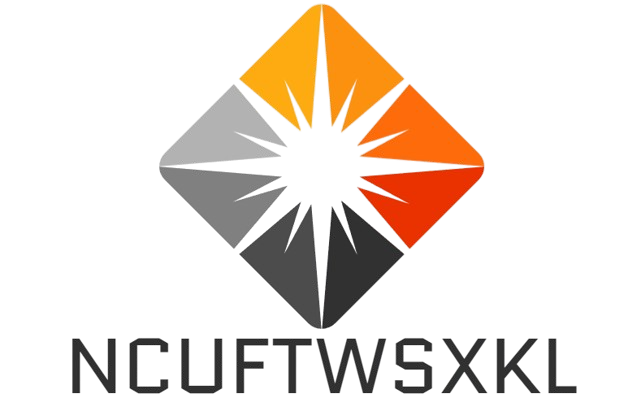Have you ever had a mortgage in the past? If the answer is yes, you know how intense the process is. Depending on market conditions, the requirements to get a competitive mortgage rate can vary. Read on to understand what to expect.
To make sure that you get the best rate on your mortgage, examine your credit rating report carefully. Lenders will make you an offer based on your credit score, so if there are any problems on your credit report, make sure to resolve them before you shop for a mortgage.
Get your documents ready before you go to a mortgage lender. You should have an idea of the documents they will require, and if you don’t, you can ask ahead of time. Most mortgage lenders will want the same documents, so keep them together in a file folder or a neat stack.
Know your credit score before beginning to shop for a home mortgage. If your credit score is low, it can negatively affect the interest rate offered. By understanding your credit score, you can help ensure that you get a fair interest rate. Most lenders require a credit score of at least 680 for approval.
Regardless of how much of a loan you’re pre-approved for, know how much you can afford to spend on a home. Write out your budget. Include all your known expenses and leave a little extra for unforeseeable expenses that may pop up. Do not buy a more expensive home than you can afford.
Get a copy of your credit score before you apply for a mortgage. It is best to know where you stand before you complete an application for a mortgage. You should check your credit even if you are sure you have a good score since identity theft or mistakes can occur.
Know your credit score before going in to get a mortgage. Your potential lender will do their own homework on this, but you should arm yourself with the intel as well. Knowledge is power in terms of the negotiations to follow. If you aren’t clear on your strengths and weaknesses, then a lender can more easily use the knowledge against you.
Before you sign up to get a refinanced mortgage, you should get a full disclosure given to you in writing. This ought to encompass closing costs and other fees. Most companies share everything, but you may find some hidden charges that may sneak up on you.
Pay your credit cards on time if you are considering a home mortgage in the next few years. Your credit score and debt to income ratios will come into play when you go for a home mortgage. If you have multiple late payments or are carrying a lot of debt, you may find the mortgage offers you receive to be poor.
Look over you real estate settlement statement before signing any papers. Your mortgage broker is required by law to show how all the monies are dispersed at the closing. If the seller has agreed to pay for some of the closing costs, ensure that this is noted on the settlement statement.
Monitor interest rates before signing with a mortgage lender. If the interest rates have been dropping recently, it may be worth holding off with the mortgage loan for a few months to see if you get a better rate. Yes, it’s a gamble, but it has the potential to save a lot of money over the life of the loan.
Some financial institutions allow you to make extra payments during the course of the mortgage to reduce the total amount of interest paid. This can also be set up by the mortgage holder on a biweekly payment plan. Since there is often a charge for this service, just make an extra payment each year to gain the same advantage.
If you are a retired person in the process of getting a mortgage, get a 30 year fixed loan if possible. Even though your home may never be paid off in your lifetime, your payments will be lower. Since you will be living on a fixed income, it is important that your payments stay as low as possible and do not change.
Ask a lot of questions of the mortgage lender you plan to use. The lender should answer your questions clearly, without being vague. If a lender dodges your questions or refuses to give a straight answer, you know it’s time to look for a new home mortgage lender to work with.
If you have previously been a renter where maintenance was included in the rent, remember to include it in your budget calculations as a homeowner. A good rule of thumb is to dedicate one, two or even three perecent of the home’s market value annually towards maintenance. This should be enough to keep the home up over time.
Never assume that a mortgage is going to just get a home for you outright. Most lenders are going to require you to chip in a down payment. Depending on the lender, this can be anywhere from 5 percent to a full fifth of the total home value. Make sure you have this saved up.
Most financial institutions require that the property taxes and insurance payments be escrowed. This means the extra amount is added onto your monthly mortgage payment and the payments are made by the institution when they are due. This is convenient, but you also give up any interest you could have collected on the money during the year.
You need to know how to find the best mortgage available. You do not want to put yourself in a bad financial situation down the road because the payment become difficult to make. Your mortgage should fit in your budget, and the lender should be fair.



